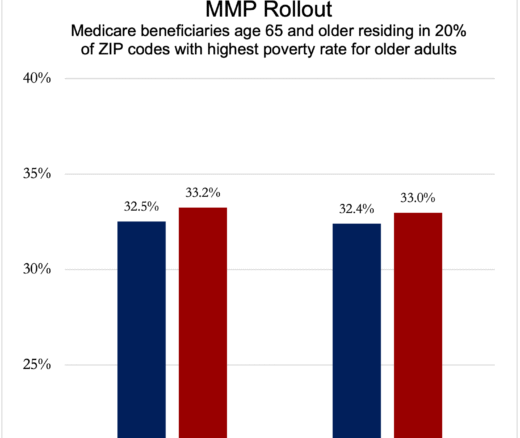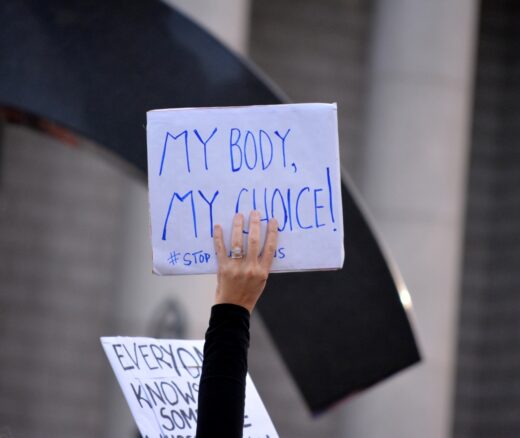
Acupuncture Could Fix America’s Chronic Pain Crisis–So Why Can’t Patients Get It?
A Proven, Low-Risk Treatment Is Backed by Major Studies and Patient Demand, Yet Medicare and Insurers Still Make It Hard To Use
In Their Own Words

The following excerpt is from an op-ed that first appeared in USA Today on February 18th, 2024.
In 2014, Amber Pettis felt nauseous and tired. She went to see her doctor because she thought she had a stomach bug. Instead, she learned she had kidney failure, a life-altering disease requiring long-term dialysis or a kidney transplant to survive.
In that short visit, Amber’s life changed.
She “crashed” into dialysis and had to put her life on hold. Instead of her plan to see the world, she “traveled” to a dialysis unit three times a week, where she was hooked up to a machine to clean her blood. On the days when she was off dialysis, she felt wiped out and spent the time just trying to recover.
Amber’s story is common.
More than 800,000 Americans live with kidney failure and half will die within five years.
While kidney transplantation can help patients live longer, few organs are available and about 100,000 people are stuck on a transplant waitlist.
Unfortunately, deep inequities also exist. Black Americans are more likely to develop kidney failure than white Americans, and are half as likely to receive a kidney transplant.
Home dialysis could have given Amber the flexibility to personalize her treatment and even travel the world. But no one discussed home dialysis with her until months later. Once she discovered the option, she switched to it and felt much better.
Nearly a decade later, few patients in the United States get the chance to choose home dialysis. This is disappointing, as home dialysis benefits patients while also being cheaper for the taxpayers who fund Medicare. These advantages are so apparent that 90% of kidney clinicians would choose home dialysis if they needed it.
Read the entire op-ed here.



A Proven, Low-Risk Treatment Is Backed by Major Studies and Patient Demand, Yet Medicare and Insurers Still Make It Hard To Use

Chart of the Day: Medicare-Medicaid Plans—Created to Streamline Care for Dually Eligible Individuals—Failed to Increase Medicaid Participation in High-Poverty Communities
Research Brief: Shorter Stays in Skilled Nursing Facilities and Less Home Health Didn’t Lead to Worse Outcomes, Pointing to Opportunities for Traditional Medicare

How Threatened Reproductive Rights Pushed More Pennsylvanians Toward Sterilization

Abortion Restrictions Can Backfire, Pushing Families to End Pregnancies

They Reduce Coverage, Not Costs, History Shows. Smarter Incentives Would Encourage the Private Sector